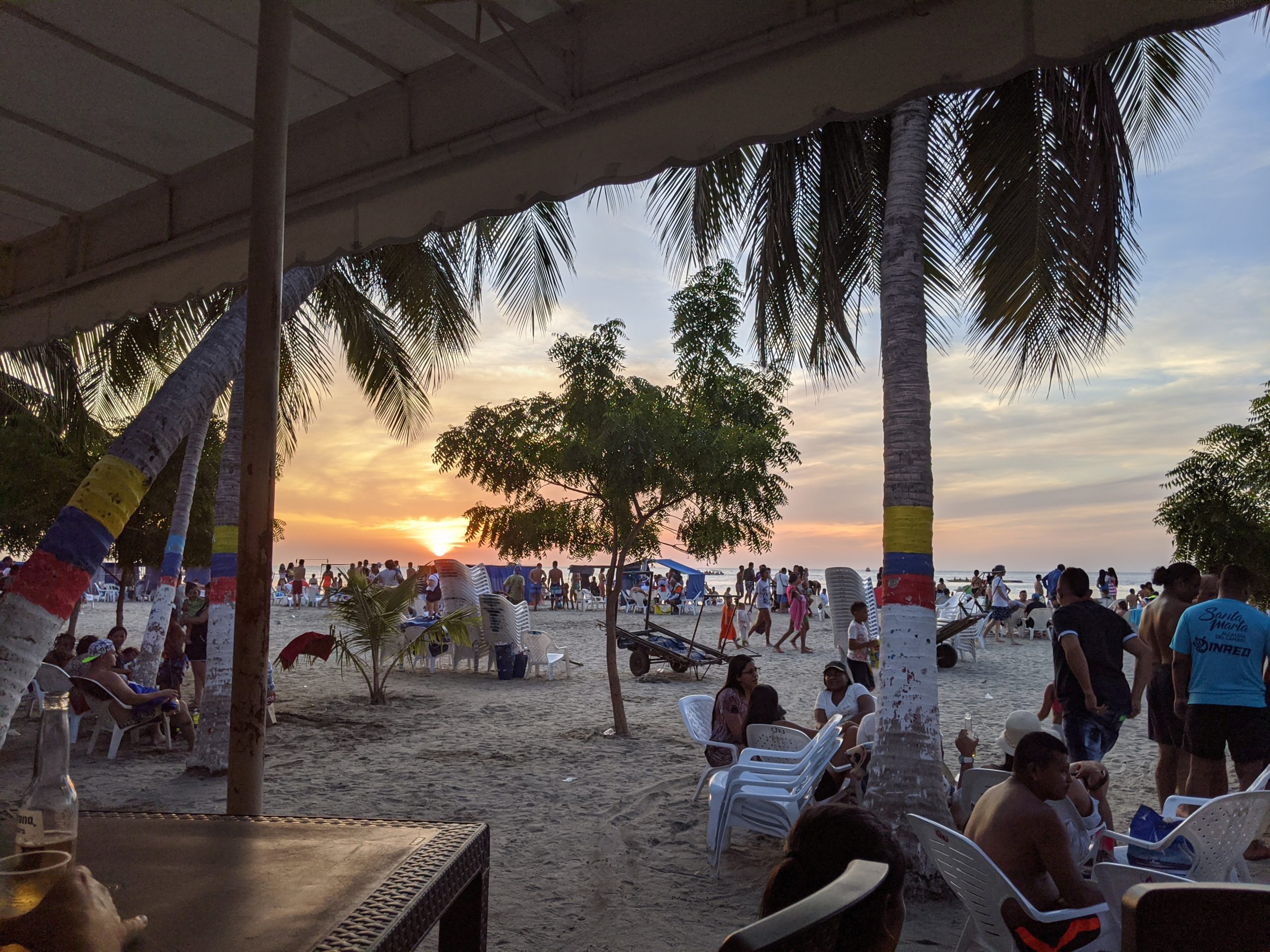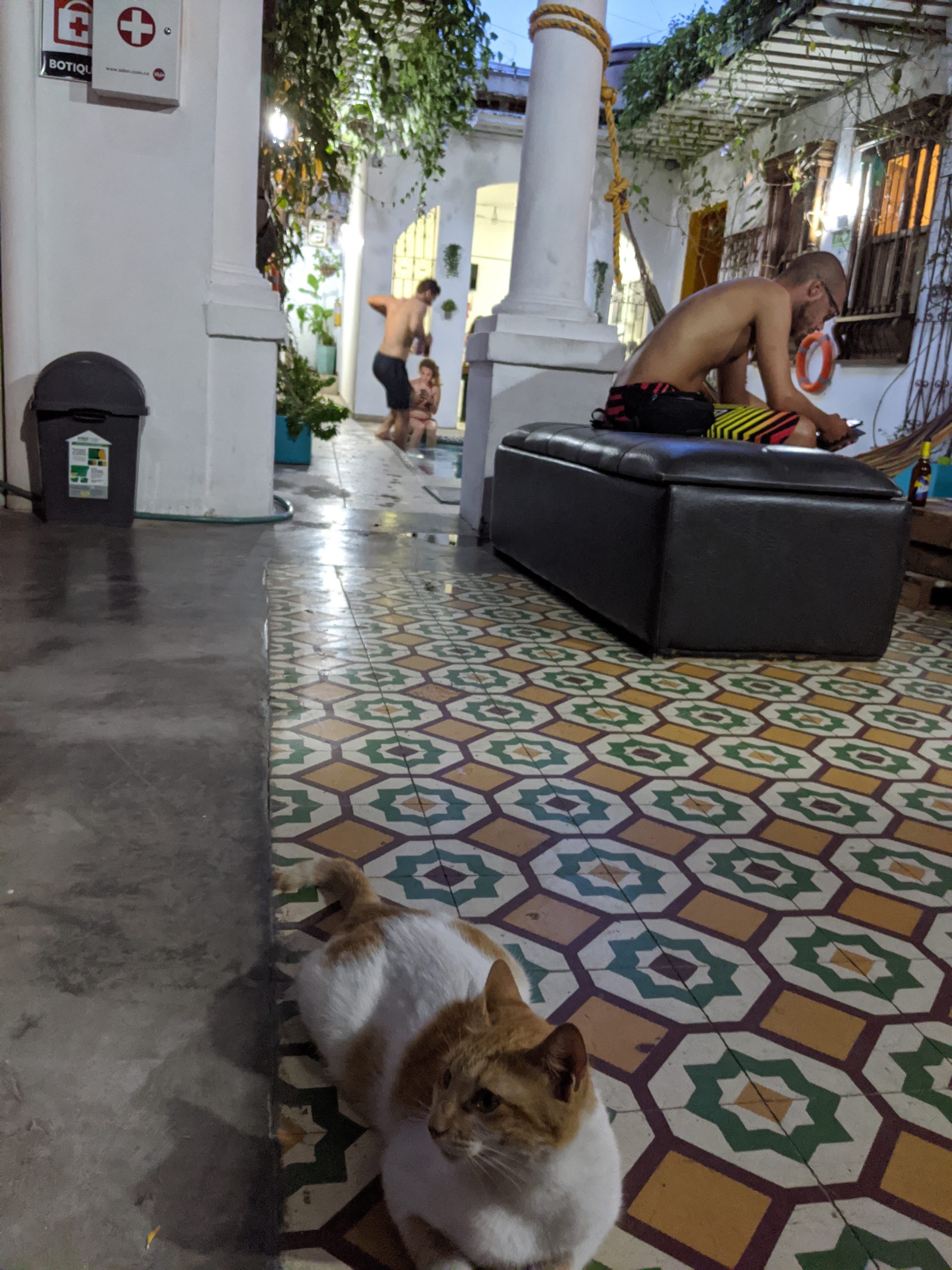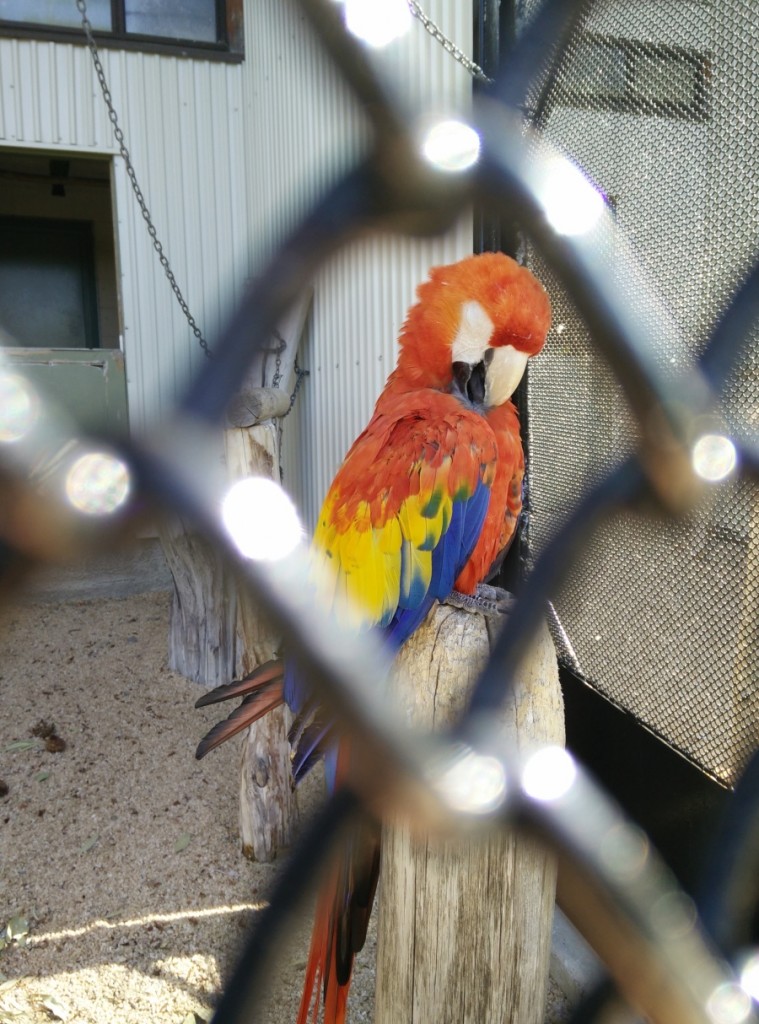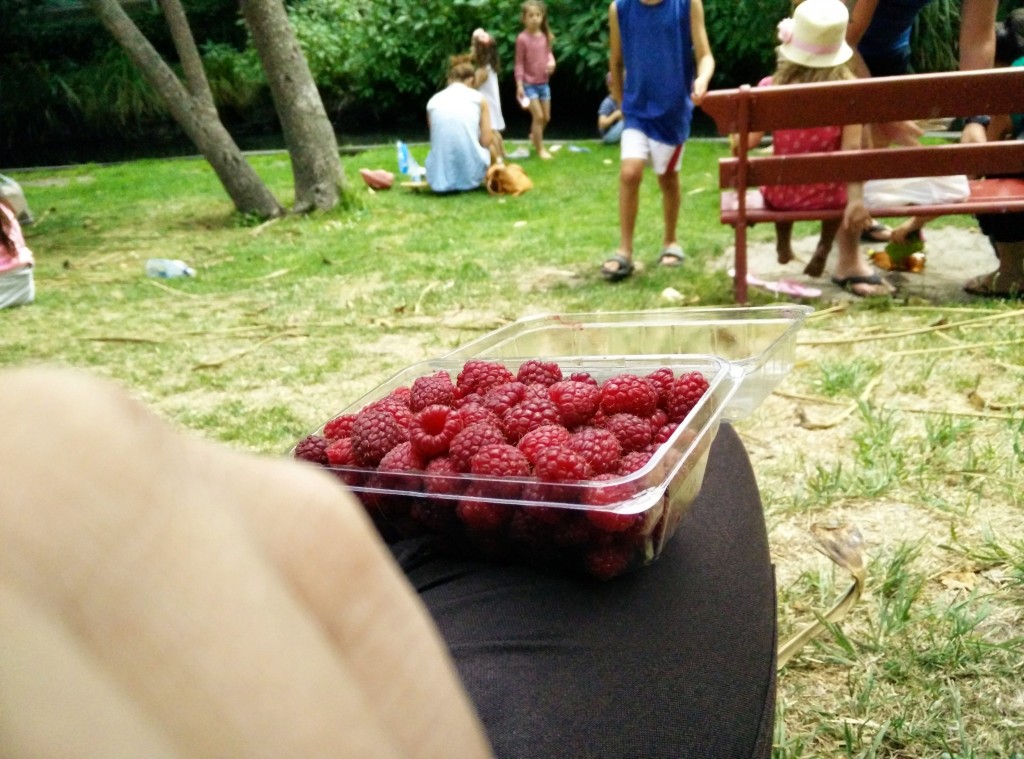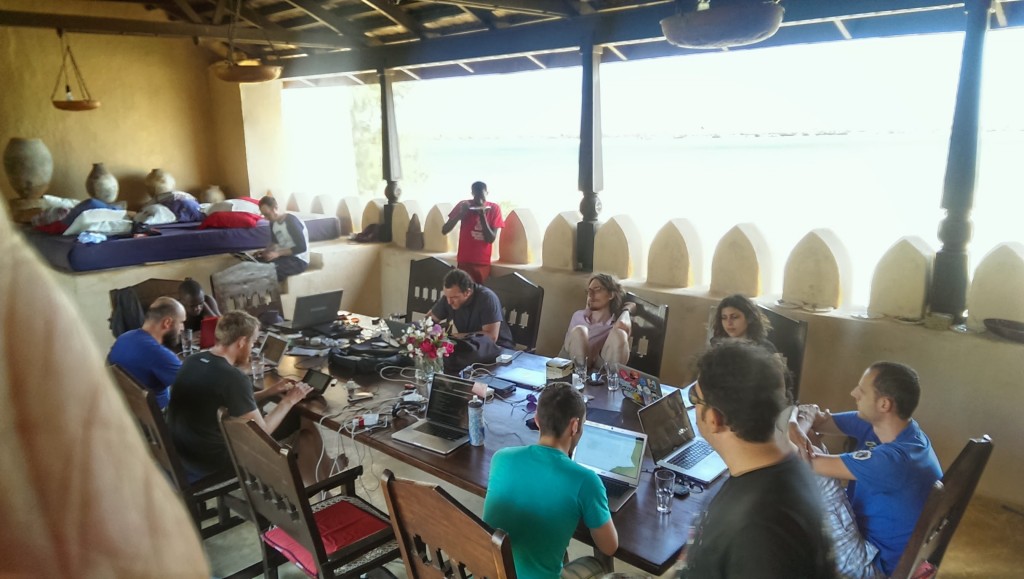Woke up with a sore throat. A bad omen for a long travel stint. I hadn’t packed the night before, so it was all done day-of, which surprisingly didn’t result in me not packing important items (that I can think of yet). Maybe I’m getting used to this, or maybe I’m just being more reserved in what I consider necessary.
Managed to get to the airport 2 hours early and thanks to my GlobalEntry card, was able to bypass the security line affording me enough time to sit at Rogue and enjoy some nourishing lunch before catching my 10 hour flight from Portland to Amsterdam. Sadly, I was unable to sleep on the flight, but did catch up on the last 10 episodes of Adventure Time, re-watched Cloud Atlas, and played Shadowrun Returns on my N7. SR had just enough personality to make me realize why I fell in love with the dark, gritty cyberpunk world all those years ago. I wish I had more consciousness to appreciate it. Sadly, I only got an hour or two of sleep which I feel made my oncoming illness worse.
